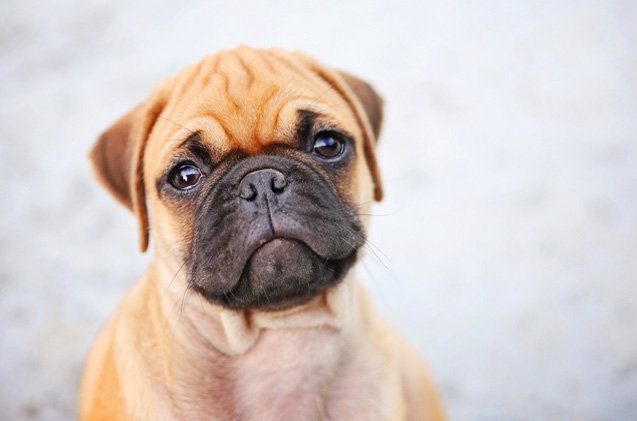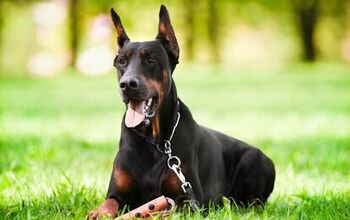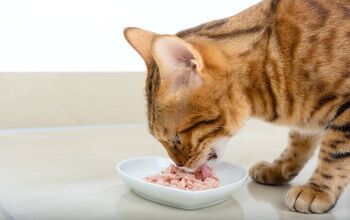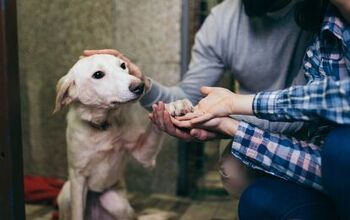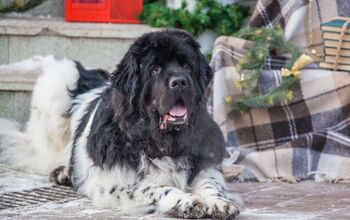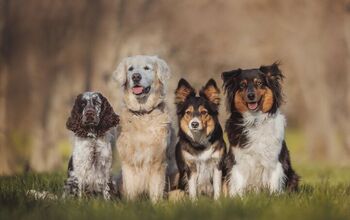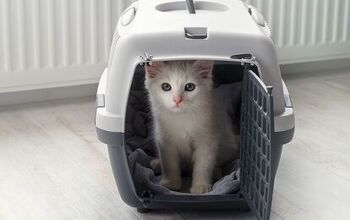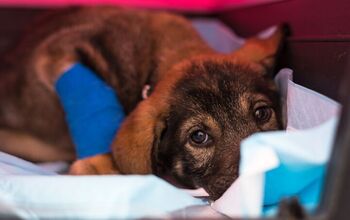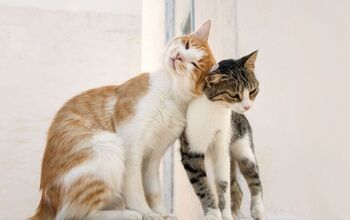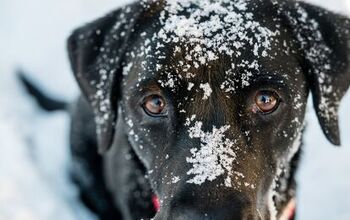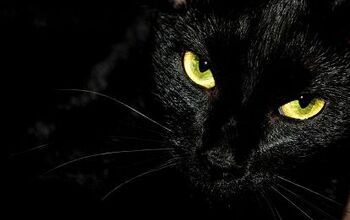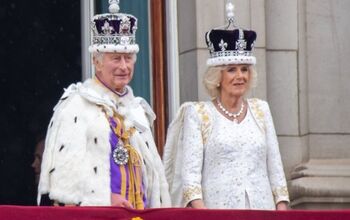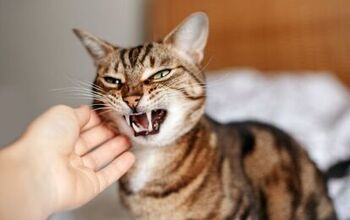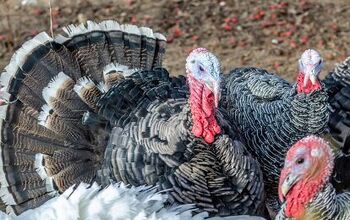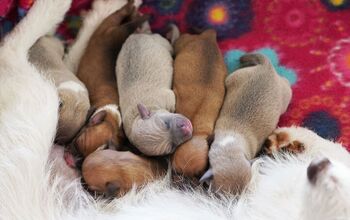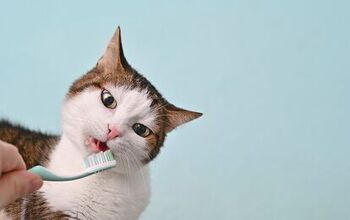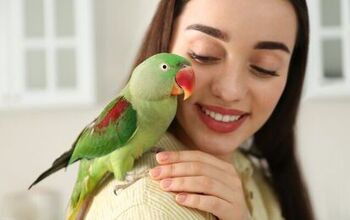Miniature Boxer


About Miniature Boxer
We know what you’re thinking. Any dog called a Miniature Boxer conjures up a specific image, but whatever you have in your mind might not quite match up with reality. Despite what his name implies, the Miniature Boxer is not a scaled-down version of that well-loved German working dog that we all know and love. In fact, the compact version of the Boxer dog is actually a hybrid or designer dog that was developed by crossing several purebreds to achieve a certain appearance. As a result, the Miniature Boxer will not necessarily be a carbon copy of his full-sized parent, but rather a new pup that inherits some of the traits (especially in the behavior department) from other breeds in the mix. Depending on the breeder, there are a few potential parents that can be used in a mix and each one brings along their own set of quirks and traits.
Of course, there are some tendencies that all Miniature Boxes share. These beautiful hybrids are social creatures that get along well with kids, other animals, and even other family pets. While they are non-aggressive, the Miniature Boxer is devoted to their families and can prove to be a formidable guardian if they feel their pack is threatened. So you can depend on this pooch to alert you and your family to any situation he feels might be threatening. They also love to be part of family activities with the downside being that they don’t do well when left to their own devices for long periods of time. This is a dog that requires near constant companionship in any home.
While the Boxer is among the top 10 most popular dog breeds in the United States, the Miniature Boxer is still a rare breed. Nevertheless, there’s a lot of effort being put into the development of the breed and these dogs have a lot to offer to the right owner. So, if you’re willing to put in the effort to track down one of these beauties, you will be richly rewarded for your efforts. Read on to find out more about this unusual and delightful designer dog!
Miniature Boxers are devoted to their families.
The designer dog craze started at some point during the 1980s, with Labradoodle kicking off a trend of crossing purebreds to create attractive and appealing new hybrids. The majority of these new crossbreed dogs are a result of mixing two purebreds, but there is a handful of designer dogs with a more complex lineage. The Miniature Boxer is one of these more complicated hybrids. However, despite his unusual background and the rarity of the breed, there’s not much we know about its origins. That’s just a sad reality of the designer dog world. No one has put much effort into documenting and monitoring their history.
Mixed breed dogs have been around since, well, forever, and that makes it difficult to know when someone intentionally developed a designer dog breed rather than these dogs appearing as a result of unplanned mating practices. To make matters more complicated for the Miniature Boxer, breeders are still not on the same page about which dogs to use to develop the mix. So, it’s hard to pinpoint a clear start of the journey for the Miniature Boxer or even predict their future. This is a hybrid mix still in development and breeders are still experimenting with which mixes produce the best results. It’s highly likely that the breed was first developed sometime in the last 20 years in the United States, not unlike many other similar hybrids. Unfortunately, that’s all we know for sure, but stay tuned since this pups are growing in popularity all the time.
Miniature Boxers aren’t smaller sized purebred Boxer dogs. They are a type of designer dog that can only be produced by combining a variety of breed combinations. The end result of all of these breeding practices is a mini Boxer. Here are the breed combinations that are most commonly used in this process:
- Boxer and Boston Terrier
- Pug and Boston Terrier
- Pug and Rat Terrier
- Pug and Fox Terrier
Like all dogs, the Miniature Boxer requires a high-quality and well-balanced diet to maintain an optimal state of health and improve the quality of his life. In general, these hybrids do best on properly chosen premium dry food formula. Kibble contains all of the essential nutrients any canine needs, but to be healthy it will have to be made from natural high-grade ingredients. Choose dry food that’s suitable for dogs of your Miniature Boxer’s size and activity level. Medium breed formulas are usually the best fit. On top of all of that, their kibble should also be appropriate for their age. Puppies in the crucial developmental stage of their life won’t need the same nutrients as seniors or adult dogs. If you are ever uncertain about which kibble is best for your Miniature Boxer, then it’s always a good idea to consult with your vet. All dogs are different and especially when it comes to a designer dog that is still in development, the specific dietary needs of your pooch may be hard to predict. For this reason, it’s always worth trusting the opinion of your vet over any kibble manufacturer that has no relationship with your personal pup.
Portion control is also an important part of any dog’s diet. As a medium dog, the Miniature Boxer will need to be fed a top quality dry food equivalent to 1.5 to 2.5 cups each day. Do not overfeed your dog or let them free feed. Miniature Boxers have healthy appetites (hey, which dog doesn’t?!), but they can quickly become overweight if you overindulge them. Needless to say, obesity is a serious issue for dogs that can damage your pet’s health. So be strict with treats and serving sizes. Don’t give into their adorable puppy pouts or demands. They will always want more food that you provide. They important thing is to feed your pup what they need and not what they want.
Miniature Bulldogs are vigorous, playful dogs that do best under a strong pack leader, so early, socialization and behavioral training are important.
Miniature Bulldogs are vigorous and playful dogs that do best under a strong pack leader. So early, socialization and behavioral training are important. You need to establish yourself as the alpha early in the relationship with your pup to ensure that you have a long and satisfying life together. Because they are an intelligent breed, they learn fairly quickly. However a consistent, firm approach is required as they can become rather stubborn. Rewards based training is best and should begin at an early age. Any sort of negative reinforcement training is strongly discouraged. There’s a fine (and frankly almost nonexistent) line between that and abuse. So stick with reward and encouragement based training and be patient. You’ll get there. The key is starting early before any problem behaviors develop.
Like all hybrids, weight will be influenced by which side of the gene pool is dominant in your pup. For Miniature Boxers, that will mean that he could weigh as little as 25 pounds if the Boston Terrier, Pug or Rat Terrier dominates. However, if the Boxer side of his lineage presents itself, your “Miniature” Boxer could weigh as much as 50 pounds once he grows to full size. Quite a bit of variance, huh? Hybrid dogs are notoriously unpredictable and that’s especially true of a designer dog that’s still being developed like the Miniature Boxer. But no matter their size, these dogs will need plenty of room. They are certainly not a breed suited for small and cramped spaces. This is due to the fact that they have tons of energy, and will need the room to spend it productively. A cooped up Mini Boxer can certainly become unhappy, bored, and lethargic – and even resort to some naughty destructive behavior.
The Miniature Boxer is known for being an affectionate, friendly, gentle and loving family pet. His alert and playful nature makes him a great fit with kids and other pets. While his highly intelligent streak means that he’s easy to socialize and train. With a combination of Boxer and Boston terrier in their DNA, the Miniature Boxer may tend to be affectionate and loyal to his family yet leery of strangers and highly protective of his pack. So, this is an ideal family pet for any home that is fairly isolated and won’t be inundated with strangers. Miniature Boxers would not do well in an apartment setting, for example.
It would be wrong for a new owner to fear the worst and assume their hybrid is likely to inherit health issues known to the parent breeds. In fact, this is often not the case at all and serious ailments known to certain breeds often by-pass the hybrid offspring entirely. That said, it’s always important to do your research to better understand your new pet’s familial history and in the case of the Miniature Boxer, it means taking a good look at the health history of the Boxer and Boston terrier. The Boxer side of Miniature Boxer does have a propensity for heart related issues including murmurs, cardiomyopathy, as well as hypothyroidism (which is easily treatable) and cancer. From the Boston terrier, one may find a tendency towards respiratory issues related to his short muzzle, allergic dermatitis (which may be solved simply through special shampoos), and cataracts. While there’s no guarantee that any of these issues will develop in your pup, it’s always a good idea to schedule more visits to your vet as they get older so that any potential issues can be spotted early before they get out of hand.
The average lifespan of a Miniature Boxer is between 12 and 15 years. If we consider that 15 years is an average maximum life expectancy for most dogs, it is clear that the Miniature Boxer is surprisingly long-lived. These are sturdy, athletic dogs with a varied genetic pool in their ancestry and that goes a long way when their lifespan is in question. And when you take into account their positive traits, their cheery attitude, and their energetic character, you quickly understand that with their 15 years of age the Miniature Boxers can become quite the companion dogs! Who wouldn’t want such a lively and loving dog by their side for such a long time?
Of course, it goes without saying that this advanced age can be reached only with the help of the owner! It is up to you to devote your care and attention to your Miniature Boxer pet, in order to help them along. This means that a good diet, regular vet checkups, plenty of exercise, and tons of love will be a must! And only with that, you and your pet can spend the best years of your lives together.
This is a very active breed that will require daily exercise including fairly long walks and active playtime. Engaging him in one-on-one games such as catch or off-leash activities with other dogs is important for mental stimulation as well as providing an outlet for his excess energy. Without sufficient exercise, the Miniature Boxer can become bored, destructive, and ultimately high strung. So, it’s very important to establish and maintain a regular exercise regime.
Your best option for regular daily exercise will be a spacious fenced-in yard with a lot of space for your pet to roam around and explore. If you have this luxury at your home, your Miniature Boxer pet can fully thrive and reap the benefits of that! They’ll play all they want, and that will guarantee that they remain calm and content – with zero chance of boredom. If you don’t have a yard, then it is down to the regular choices: a casual walk around the block, some playtime in the park, and even a hike. Remember that this breed is athletic and full of energy, so you will have to find safe and efficient ways to indulge this basic need.
The Miniature Boxer is known being an affectionate, friendly, gentle and loving family pet.
As a hybrid, the Miniature Boxer does not qualify to be a member of the American Kennel Club however he is recognized by the American Canine Hybrid Club (ACHC) and the Dog Registry of America, Inc.
Mini Boxers are minimal shedders with a coat comprised of short, fine hair that is smooth to the touch. Grooming is fairly easy, but should be done on a regular basis to keep his coat looking its best, along with ear cleaning to avoid infections that all floppy eared dogs can be prone to developing. Coloring can range from black to brown, silver, red or white. He will typically have a lighter chest regardless of the dominant color of his coat. Either way, it is best to develop a weekly routine and brush lightly from time to time. It only takes a few minutes per day, but maintains your pet’s coat in top shape. All in all, Miniature Boxers are true minimal maintenance doggos, at least when coat is considered.
A true Miniature Boxer pup is a cross between a Boxer and Boston terrier. Some breeders are creating their own versions by mixing Pugs, Rat Terriers and Fox Terriers into the mix. Yet, while you will still end up with a loving little dog, it’s important to note that this detour from the original mix means your pooch will no longer be recognized by the ACHC. These will also be much smaller in size than a true Mini Boxer when fully grown. For this breed, new pet parents will need to maintain a solid routine that includes reliable meal times, potty trips outside, and frequent exercise/playtime sessions.
Miniature Boxer puppies also need to reap the benefits of early socialization. This is a perfect start towards a bright and happy adult dog life. Socialization encompasses that precious early contact: introduce your pup to new friendly dogs, to children and kind strangers so they don’t grow up to be timid or reactive. With plenty of fun, love, and playtime, your Miniature Boxer puppy will undoubtedly grow up into a bright and affectionate dog. Failing to provide them with this can result in some ugly behavioral issues. Foremost of these are anxiety, aggression, over-protectiveness, and fearfulness.
Photo credit: graphicphoto/Bigstock

Sharing space with three seriously judgy Schnoodles and a feline who prefers to be left alone. #LivingMyBestLife
More by Mary Simpson



